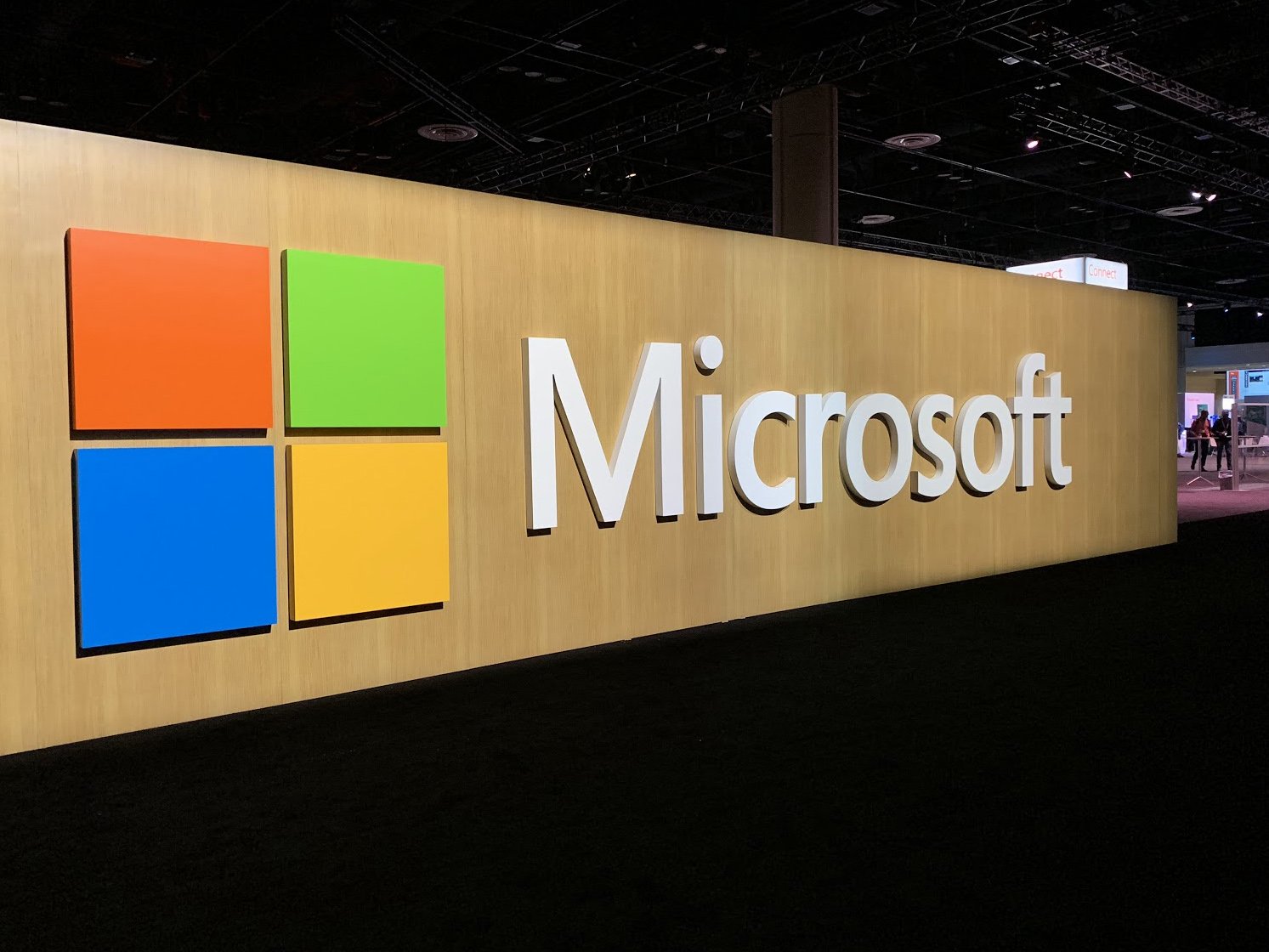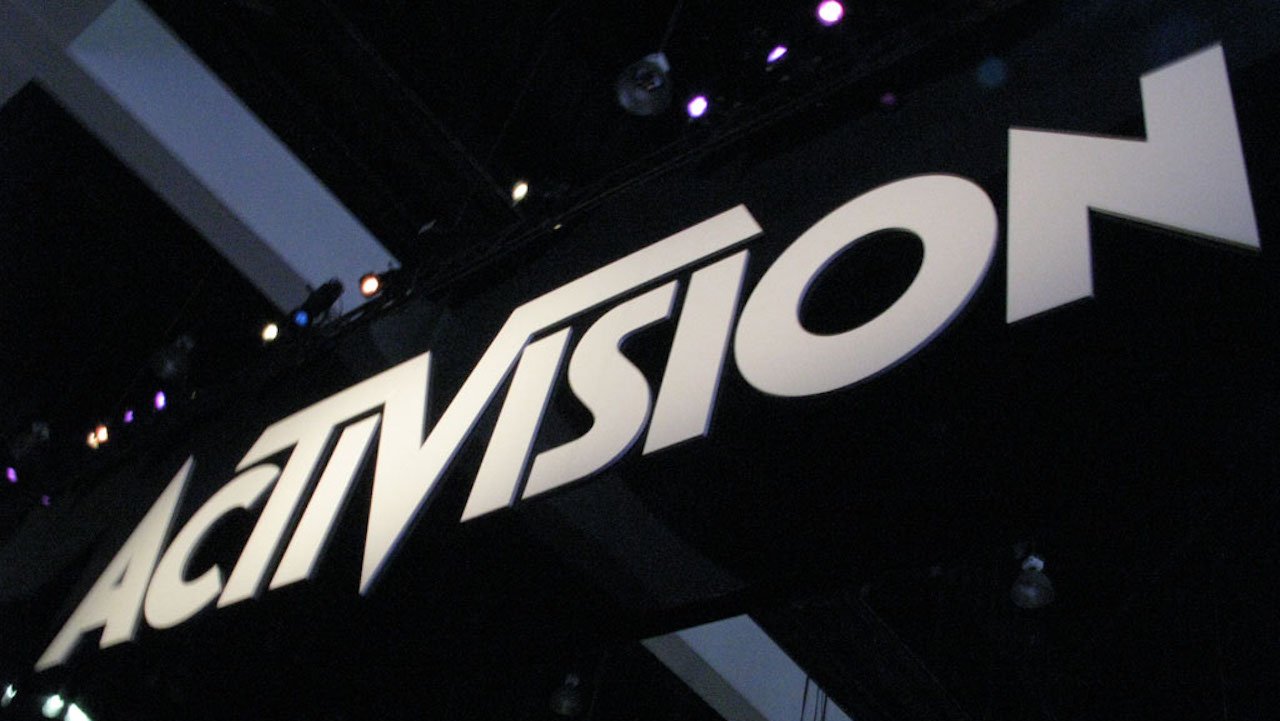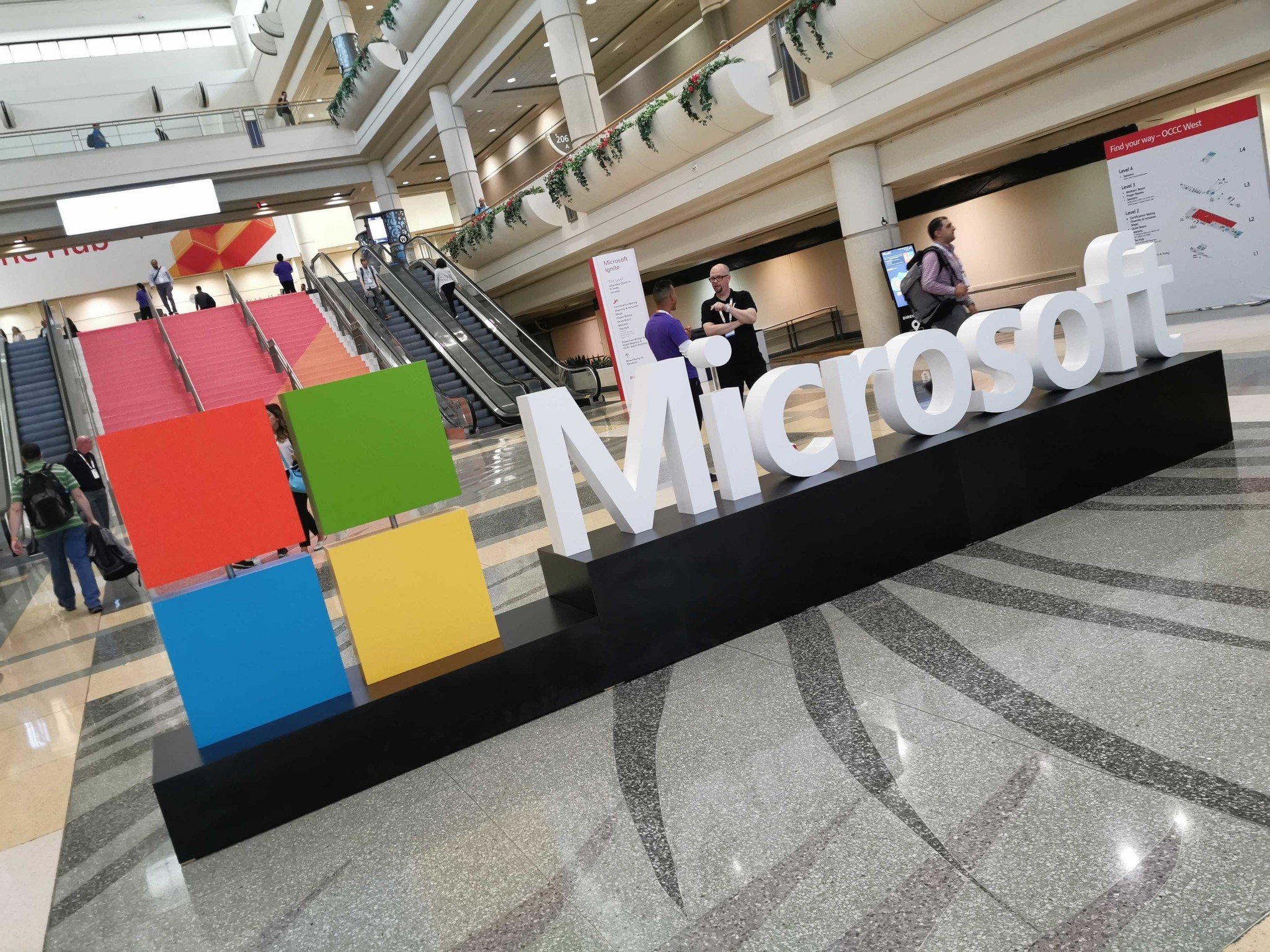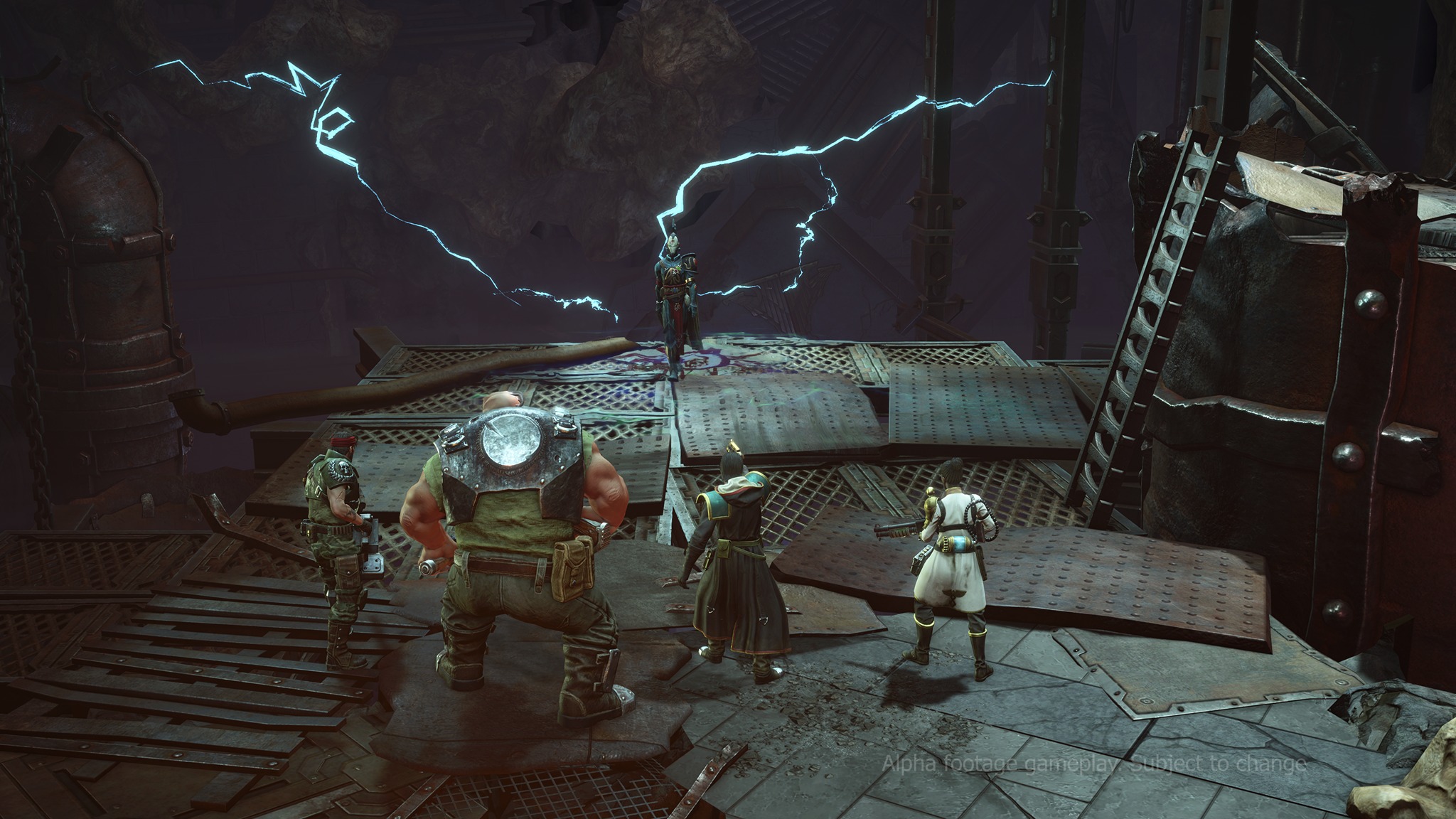Microsoft buying Activision Blizzard isn't comparable to helping the poor
The president of the World Bank took a confusing and unnecessary shot at Microsoft this week.

World Bank President David Malpass recently criticized Microsoft for spending $68.7 billion to acquire Activision Blizzard. His strange comments compared Microsoft's purchase of a video game company against wealthy nations banding together to help poor countries. He's drawn criticism from many around the web for his comments. While some have focused on the fact that Malpass used to work for the global investment bank Bear Stearns, I'd like to focus on a simple fact that Malpass seems to have missed: Microsoft isn't a country.
The controversial quote
First, let's take a look at the comments that have drawn criticism:
I was struck this morning by the Microsoft investment, $75 billion, in a video gaming company at a time when, to put it in perspective, the entire IDA20 commitment that we were just able to achieve in December was $24 billion spread over three years. That's $8 billion per year to 75 of the poorest countries. $8 billion, compared to a $75-billion, single-shot investment in a gaming company. And you have to wonder-- wait a minute, is this the best allocation of capital? This goes to the bond market. Huge amounts of flows are going to the bond market, and basically that's a very small portion of the world that has access to bond financing.
Malpass' comparison of Microsoft's purchase to donations from countries is just strange. First, Microsoft is not a country, so the budgets involved are not directly comparable. Microsoft may be worth $2.32 trillion, but that's nothing compared to the annual budget of the U.S. government or other wealthy nations, especially when combined. The $23.5 billion contribution announced by the World Bank came from "48 high- and middle-income countries."
- $67,000 is a lot to you and I
- $670,000 is a lot to a small business
- $670,000,000 is a lot to a city
- $67,000,000,000 is a lot to a tech giant
Do you know who $67 billion isn't a lot to in the grand scheme of things? The combined wealth of the richest countries on earth. Those nations gathered together to commit to $24 billion over three years to the World Bank's International Development Association (IDA). If Malpass isn't happy with how much is being contributed to the IDA, maybe he should call out the countries contributing.
Mixed up reasoning

If I squint hard enough, I can see Malpass' point. At least, I think I can. I believe the crux of his argument is that wealth distribution is lopsided and that Microsoft purchasing Activision Blizzard moves money around in a way that will never see those funds redistributed to developing countries.
"There needs to be a broader allocation of capital worldwide in order to achieve the goal that everybody has, which is that developing countries actually develop," said Malpass. "That has to be a core part of the global system in order to address the refugee flow, the malnutrition that's going on, and so on. There has to be more money and growth flowing into the developing countries and we've had the opposite case."
I'm not an economist, but Malpass' argument seems to hold some water. My question is, what does it have to do with how much money countries donated to the IDA? Malpass wrongly conflates Microsoft's actions with the contribution of wealthy countries to the IDA.
All the latest news, reviews, and guides for Windows and Xbox diehards.
Microsoft is a business

Since Malpass worked in banking and finance for years, I assume he's aware of what a business is. It has been a few years since he was the chief economist for Bear Stearns while it collapsed, so he may be out of the loop. Businesses strive to make money. They are not under the same mandate as governments to help individuals.
Yes, businesses can, and should, donate money to worthy causes. They aren't, however, expected to do so in the same way world governments are. Microsoft certainly isn't under an obligation to not spend money on Activision Blizzard so it can donate money to developing countries.
I want to be clear. I think Microsoft and wealthy individuals should donate to help others. But businesses are beholden to shareholders. They operate to perpetuate themselves. Most, if not all, of their decisions will at least tangentially be related to making money.
A person could make a reasonable argument that Microsoft should donate more money to developing countries or to poor people. Microsoft does donate over $1 billion in software and services each year, but for a company worth $2.32 trillion and that recently had as much as $150 billion in the bank, maybe that's not enough. But that doesn't seem related to what the wealthiest nations on the planet donated to the World Bank.

Sean Endicott is a news writer and apps editor for Windows Central with 11+ years of experience. A Nottingham Trent journalism graduate, Sean has covered the industry’s arc from the Lumia era to the launch of Windows 11 and generative AI. Having started at Thrifter, he uses his expertise in price tracking to help readers find genuine hardware value.
Beyond tech news, Sean is a UK sports media pioneer. In 2017, he became one of the first to stream via smartphone and is an expert in AP Capture systems. A tech-forward coach, he was named 2024 BAFA Youth Coach of the Year. He is focused on using technology—from AI to Clipchamp—to gain a practical edge.
